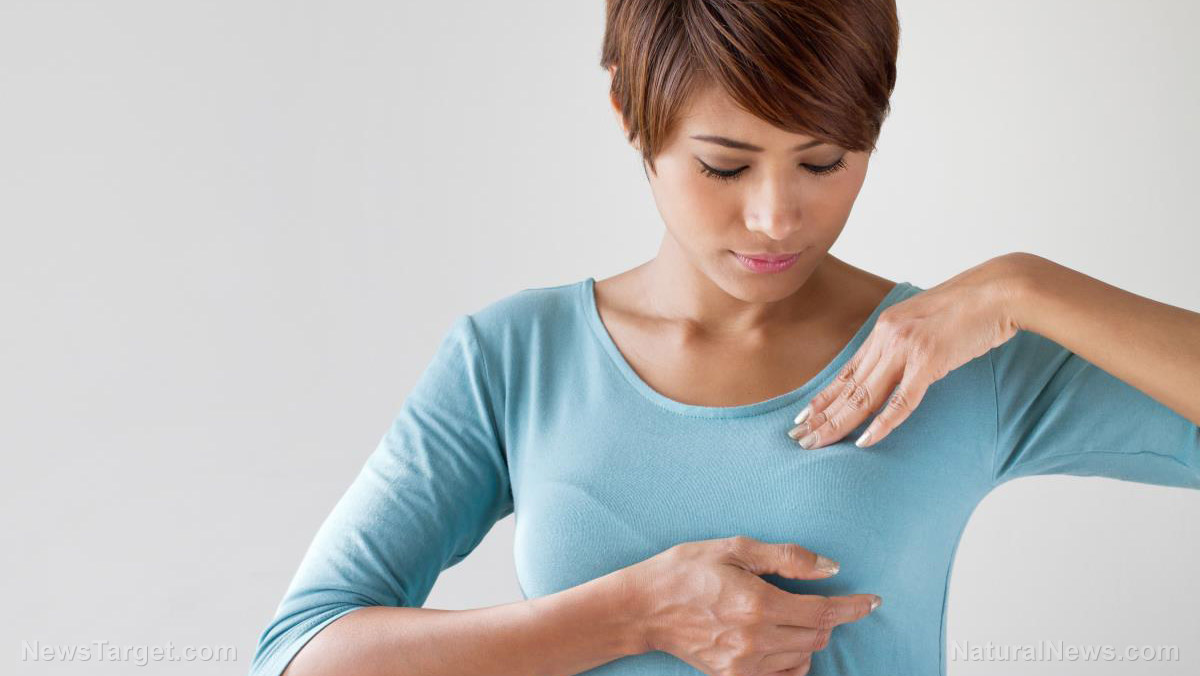
Hong Kong leader Carrie Lam called for calm on Tuesday, March 1, after residents emptied supermarkets as they began stocking up on produce and other necessities following reports of a compulsory mass Wuhan coronavirus (COVID-19) testing and possible city-wide lockdown.
Local media reported that testing will begin after March 17, sparking concerns that many will be forced to isolate, and families with members who test positive might get separated.
Officials are planning to test 7.4 million residents three times over nine days, and the government is recommending that they stay home during the period. Exemptions, however, will be made for those who buy food, seek medical treatment and maintain societal operations. The stock market is also expected to continue to operate.
Isabella Ng Fung-sheung, associate head of the Department of Asian and Policy Studies at the Education University of Hong Kong, described Hong Kong's pandemic strategy as a "disaster" that was fueling fear and anxiety among communities.
Ng shared that ordinary citizens are extremely worried, and people are frantically seizing all available food in the supermarkets.
An ex-pat resident in Hong Kong said he spent four days trying to get groceries through a supermarket's online delivery service without success. When he went to a physical store, he said lines were ten to 15-people deep at each register, with supplies of fresh meat limited to non-existent. However, he said that shelves seem decently stocked on most other items.
"I think the government operated on the assumption that ‘zero COVID’ was always going to work and did not develop any contingency plans in case it didn’t. Now they are left scrambling to catch up," the resident said.
Lam appealed to the public, saying they should not fall prey to rumors and avoid unnecessary fears being stirred as the supply of food and goods remain normal. "There is no need for members of the public to worry, they should stay vigilant and pay attention to the information disseminated by the government so as to avoid being misled by rumors," she said.
Mass testing for 7.4 million residents
Lam previously said she was not considering a city-wide lockdown despite seeing coronavirus infections surge 34 times to over 34,000 on Monday, Feb. 28, from just 100 at the beginning of February. Death rates are also high, and facilities for storing dead bodies at hospitals and public mortuaries are already at maximum capacity. (Related: Coronavirus infections leap higher in Hong Kong.)
Hong Kong continues to stick to its COVID policy of "dynamic zero," which is similar to that of mainland China. The territory promised to stick with a similar elimination policy that aligns with the mainland, where they are prioritizing the curbing of outbreaks at all cost. Hong Kong has implemented its own measures, including closing businesses such as bars, beauty salons and gyms, which were the strictest since the beginning of the pandemic in 2020.
The rules have also exacerbated separation fears among families, with many fleeing ahead of the mass testing scheme and the building of isolation centers. Lam already inspected one of the mainland Chinese-built isolation centers on Monday and said the team has raced against the clock to "create a miracle."
The Tsing Yi facility, located in the northwest of the city, is to provide 3,900 rooms for infected individuals with mild to no symptoms, as well as others who need to isolate. (Related: Hong Kong residents stock up on food, supplies as COVID ravages city.)
Ng added that an earlier announcement saying the school summer holidays would be moved to March and April also caused "chaos amongst schools, teachers, parents and students." Meanwhile, the strict travel and quarantine rules are scaring off investors.
More related stories:
Hong Kong experiencing a record jump in coronavirus cases.
Could coronavirus infect 80 percent of humanity? Hong Kong scientist says yes.
Hong Kong residents stand up against plan to send them to coronavirus prison camps.
Watch the video below to know more about Hong Kong's move to eradicate COVID in the territory.
This video is from the Take down CCP channel on Brighteon.com.
Follow Pandemic.news for more updates.
Sources include:
Please contact us for more information.


















